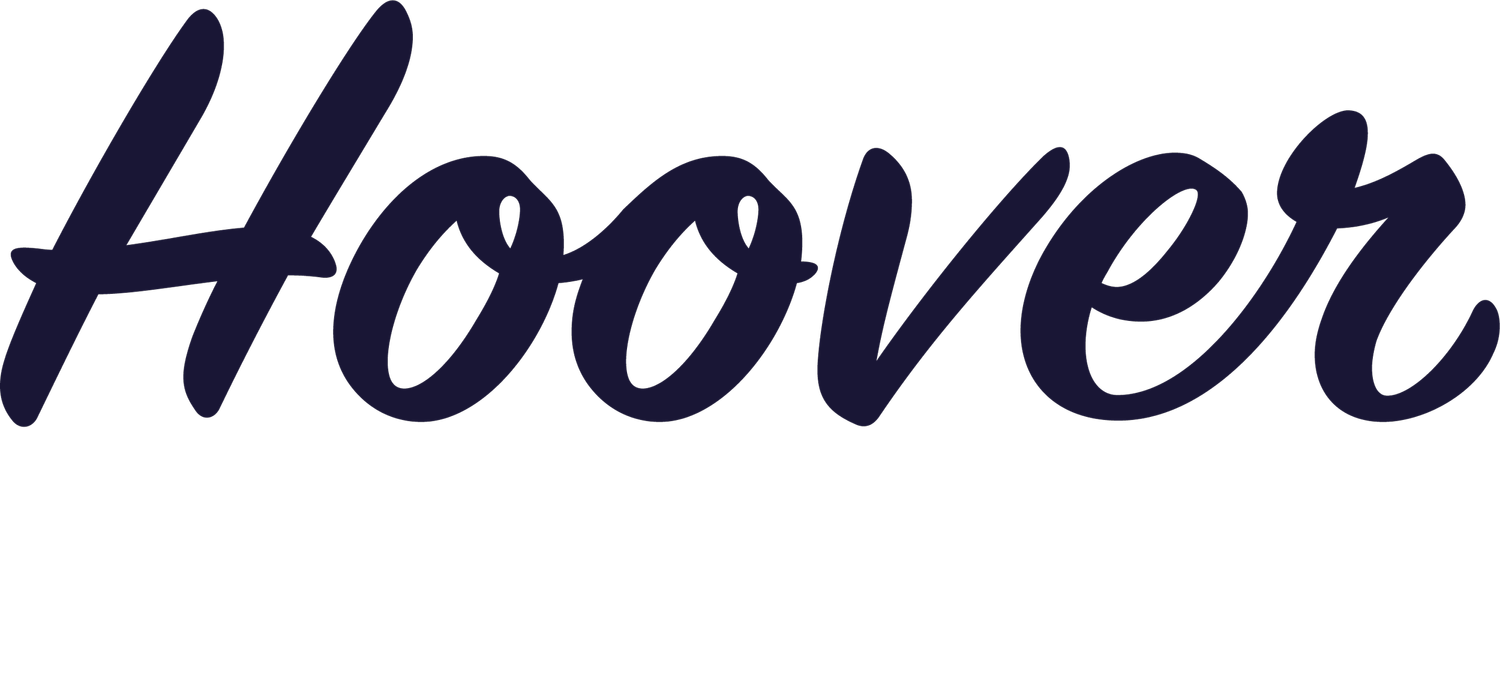Dyslexia Tutors vs Dyslexia Therapists
Dyslexia Support: Tutors vs. Therapists
As a parent of a child with dyslexia or suspected reading difficulties, finding the right support can feel overwhelming. With various professionals offering services, how do you know which is most appropriate for your child? Today, we're breaking down the important differences between dyslexia tutors and Certified Academic Language Therapists (CALTs) to help you make informed decisions for your child's literacy journey.
When Your Child Struggles with Reading
If you've noticed your child struggling with reading, spelling, or writing, you're not alone. Dyslexia affects about 15-20% of the population, making it the most common language-based learning disability. As parents, we want to provide the best support possible, but the terminology and qualifications in the world of dyslexia intervention can be confusing.
Let's clarify two common types of professionals you might encounter: dyslexia tutors and Certified Academic Language Therapists (CALTs).
Dyslexia Tutors: What Parents Should Know
Who They Are
Dyslexia tutors are educators who have some training in supporting students with dyslexia. Their backgrounds vary widely - some might be classroom teachers with additional training in dyslexia, while others might have certification in specific reading programs like Wilson, Barton, or Orton-Gillingham-based approaches.
Their Training
Unlike CALTs, there's no standardized certification process specifically for "dyslexia tutors." This means their training can range from brief workshops to more substantial program-specific training. Most have:
Experience working with struggling readers
Training in at least one structured literacy program
Some understanding of multisensory teaching techniques
Knowledge of phonics and phonological awareness
However, the depth and breadth of this training can vary significantly from one tutor to another.
What They Typically Provide
Dyslexia tutors generally offer:
Implementation of structured reading programs
Support with phonics, sight words, and reading fluency
Multisensory activities to reinforce reading concepts
Practice with specific reading and spelling patterns
Regular sessions (typically 1-3 times per week)
Certified Academic Language Therapists (CALTs): The Specialists
Who They Are
CALTs are highly trained professionals who have completed extensive, standardized training specifically in treating dyslexia and other language-based learning disorders. They don't just implement programs—they're trained to provide genuine therapeutic intervention tailored to your child's unique needs.
Their Rigorous Training
The difference in training is substantial. To become a CALT through the Academic Language Therapy Association (ALTA), professionals must complete:
At least 200 hours of coursework covering language structure, dyslexia characteristics, assessment techniques, and intervention methods
A minimum of 700 hours of supervised clinical teaching experience
Comprehensive written examinations
Demonstration lessons evaluated by qualified examiners
Ongoing continuing education (20 hours every two years)
This extensive training gives CALTs a deep understanding of not just what to teach, but why and how to customize it for each child.
What They Provide
CALTs deliver:
Therapeutic intervention rather than simply tutoring
Comprehensive assessment and ongoing progress monitoring
Highly individualized instruction based on your child's specific profile
Treatment addressing all language domains (reading, spelling, writing, comprehension)
Systematic, cumulative, and explicit instruction using proven methods
Specialized knowledge to work with complex or severe dyslexia cases
When a CALT Might Be Necessary
A CALT is often the right choice when:
Your child has a diagnosis of dyslexia
Previous interventions haven't been effective
A comprehensive therapeutic approach is needed
You want a professional who can both assess and provide targeted intervention
Your child needs a highly individualized approach rather than a one-size-fits-all program
Making the Right Choice for Your Child
Questions to Consider
When deciding between a dyslexia tutor and a CALT, ask yourself:
How severe are my child's struggles? More severe difficulties often warrant the expertise of a CALT.
Has my child responded to previous interventions? If standard approaches haven't worked, a CALT's specialized knowledge may be beneficial.
What is my budget and time commitment? While CALTs typically provide greater expertise, their services may be more costly and intensive.
What are my child's specific needs? Beyond reading, does your child struggle with spelling, writing, or comprehension?
What qualifications should I look for? Ask about specific training hours, supervised experience, and approach to dyslexia.
The Impact of Choosing the Right Professional
The right match between your child and their reading professional can make a tremendous difference in outcomes. While many children make progress with qualified dyslexia tutors, those with more significant needs often benefit from the therapeutic approach that only a CALT can provide.
Remember that early, appropriate intervention is key. Research consistently shows that proper intervention yields better results when started earlier rather than later.
Questions to Ask Before Hiring
Whether considering a dyslexia tutor or CALT, here are essential questions to ask:
What specific training have you received in dyslexia intervention? (Look for specific program names, coursework hours, and supervised experience)
Are you certified, and through which organizations? (For CALTs, ALTA certification is the gold standard)
What does a typical session look like? (Look for structured, systematic approaches)
How do you measure progress? (Regular assessment should be part of the process)
How do you communicate with parents and teachers? (Regular updates are important)
What is your approach to addressing dyslexia? (Listen for terms like "structured literacy," "multisensory," "explicit," and "systematic")
Final Thoughts for Parents
Remember that both dyslexia tutors and CALTs can play valuable roles in supporting children with dyslexia. The right choice depends on your child's specific needs, the severity of their difficulties, your resources, and the qualifications of the available professionals.
Don't hesitate to interview multiple providers before making a decision. The relationship between your child and their reading specialist is important, and finding someone who connects well with your child while providing appropriate intervention is key to success.
Most importantly, trust your instincts. You know your child best, and your active involvement in their literacy journey is one of the strongest predictors of positive outcomes.
Written by Hoover Therapist Team
The Hoover Therapist Team specializes in evidence-based intervention for dyslexia and language-based learning disabilities. Our team includes Certified Academic Language Therapists and Practiti committed to helping children and families navigate the challenges of dyslexia through appropriate, effective intervention.
